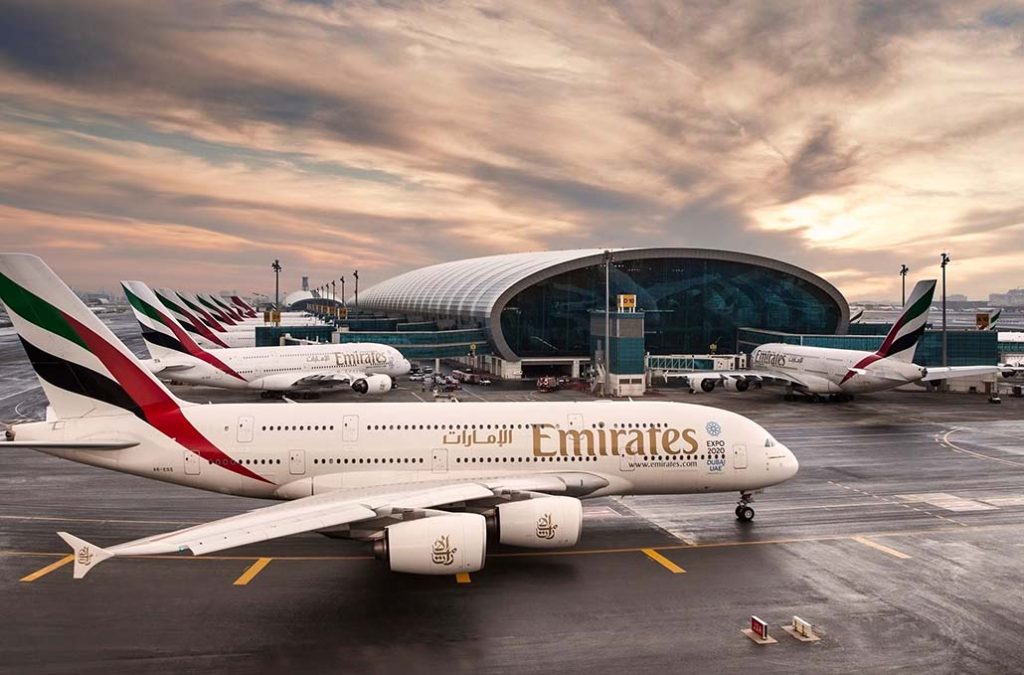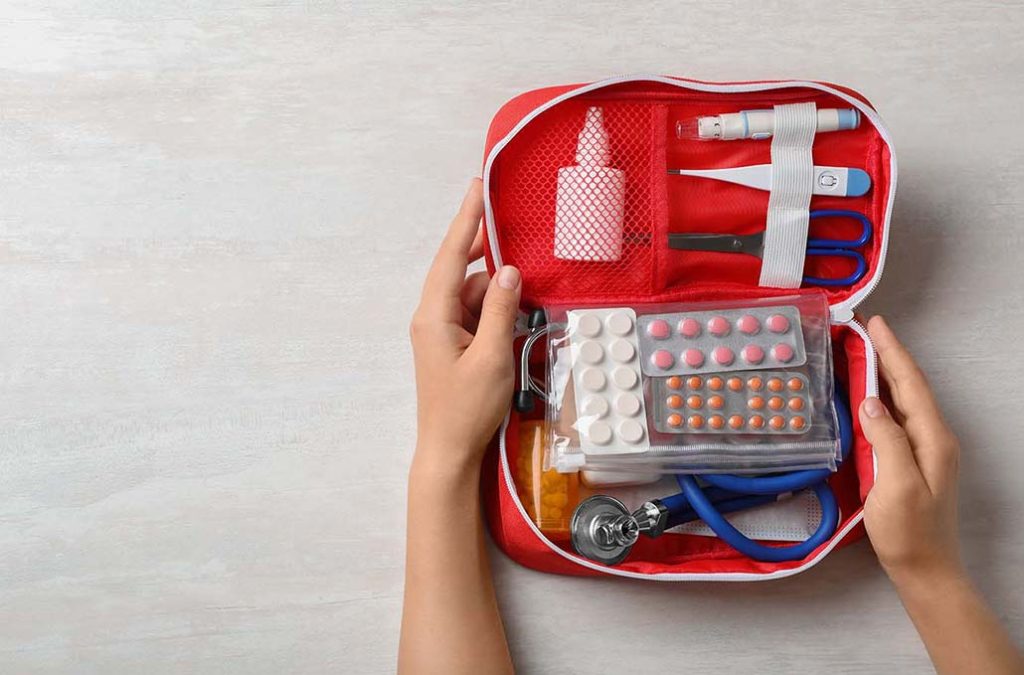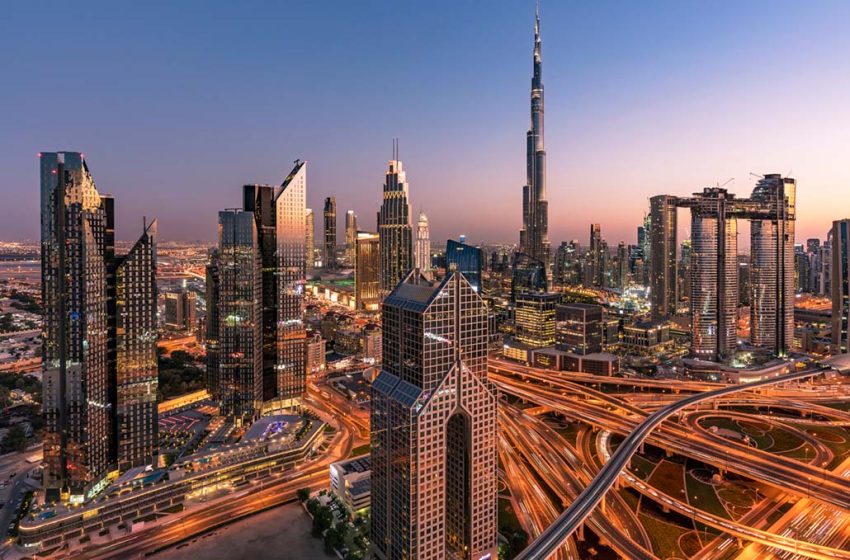Dubai, the dazzling jewel of the UAE, is renowned for its ultra-modern architecture, luxurious shopping experiences, and rich cultural heritage. However, as a city that blends diverse cultures and unique traditions, first-time visitors need to be well-prepared to ensure a smooth and enjoyable trip. Here are 13 essential things you need to know before traveling to Dubai.
1. Visit Between October and April
Dubai is located in the Arabian Desert, which means it has a hot and arid climate. During the summer months (June to September), temperatures can soar up to 45°C or higher, which can be unbearable for most tourists. The best time to visit is during the winter months from October to April, when the temperatures are milder, usually ranging between 20°C and 30°C. This pleasant weather is ideal for outdoor activities and exploring the city.
2. Plan to Stay at Least Five Days
With numerous attractions from the world’s tallest building, Burj Khalifa, to the man-made wonder, Palm Jumeirah, and luxurious shopping malls and traditional markets, you need at least five days to fully experience the charm of Dubai. This duration allows you to enjoy the major highlights and explore some lesser-known spots such as the Dubai Desert Conservation Reserve or Mushrif National Park.
3. Explore Beyond the City
While Dubai’s city center offers plenty to see, don’t miss the beautiful surrounding areas. You can take a day trip to Abu Dhabi to visit the famous Sheikh Zayed Grand Mosque and Louvre Abu Dhabi, or head to the Hatta Mountains for hiking and stunning natural scenery. Exploring beyond the city not only enriches your journey but also gives you a broader understanding of the UAE’s diversity.
4. Book Activities and Restaurants in Advance
Dubai is a popular tourist destination, and many top attractions and restaurants are often fully booked. To ensure you don’t miss out on experiences such as visiting the Burj Khalifa observation deck, desert safaris, or dining at Michelin-starred restaurants, it’s wise to book these in advance. Pre-booking not only guarantees your spot but also helps avoid last-minute price hikes.
5. Use Public Transport to Save Money
Dubai has an efficient and affordable public transport system, including the metro, buses, and water buses. The metro is particularly convenient, covering major tourist spots and shopping centers. Purchasing a Nol card, which can be used on all public transport modes, provides a discount on fares. Using public transport instead of taxis can save you money, help you avoid traffic jams, and is more environmentally friendly.

6. Dress Appropriately and Respect Local Customs
Although Dubai is relatively open and international, it is still an Islamic country with certain dress codes. In public places, avoid wearing overly revealing clothing; women should particularly avoid short skirts, shorts, and sleeveless tops. When visiting religious sites such as mosques, both men and women should wear long sleeves and trousers, and women should cover their heads as a sign of respect. Dressing modestly not only shows respect for local culture but also helps avoid unnecessary attention and potential issues.
7. Follow Public Photography Guidelines
Be cautious when taking photographs in Dubai, especially when photographing local residents and government buildings. Do not take pictures of people without their permission, particularly women. Public places and tourist attractions are generally fine to photograph, but it’s forbidden to photograph military facilities, government buildings, and certain religious sites. To avoid any trouble, always ask for permission when in doubt and pay attention to signage.
8. Avoid Public Displays of Affection
Dubai has strict regulations regarding public displays of affection. Couples should avoid kissing, hugging, or any intimate behavior in public. This applies to both heterosexual and homosexual couples. Violating these rules can result in fines or even detention. Respecting these norms not only adheres to local laws but also demonstrates cultural sensitivity.
9. Check Medication Restrictions
Before traveling to Dubai, ensure that any medication you bring is allowed in the UAE. Certain common medications are prohibited, including those containing pseudoephedrine, hydrocodone, and codeine. Bringing these medications can lead to severe legal consequences. Before departure, consult with your doctor and review the UAE’s list of banned substances available at their embassies or consulates. Always carry your medications with a prescription and medical documentation.

10. Respect Islamic Traditions During Ramadan
If you visit Dubai during Ramadan (the dates vary each year according to the Islamic lunar calendar), you need to be particularly mindful of certain customs and regulations. During Ramadan, Muslims fast from dawn to sunset, and visitors should avoid eating, drinking, and smoking in public during daylight hours. Most restaurants are closed during the day but open after sunset. Respecting these practices shows understanding and appreciation of the local culture. After sunset, you can enjoy special Iftar meals that mark the end of the daily fast.
11. Stay Hydrated in High Temperatures
Dubai’s temperatures are generally high, especially during the summer. Regardless of when you visit, staying hydrated is crucial. Carry a water bottle with you at all times and avoid outdoor activities during the peak heat of midday. Public places like malls, hotels, and restaurants are usually air-conditioned, providing a respite from the heat. Staying hydrated and taking breaks in cool environments can prevent heat-related health issues.
12. Accessibility to Dubai
Dubai International Airport (DXB) is one of the busiest airports in the world, connecting to major cities globally. Regardless of your departure point, you can easily reach Dubai through direct or connecting flights. Additionally, Abu Dhabi International Airport (AUH) and Sharjah International Airport (SHJ) are viable alternatives, being close to Dubai and offering convenient transportation options to the city center. Once in Dubai, you can use taxis, the metro, or shuttle buses to reach your accommodation.
13. Caution for LGBTIQ+ Travelers
While Dubai is relatively modern and open, it remains very conservative regarding sexual orientation and gender identity. Homosexual acts are illegal in the UAE, and LGBTIQ+ travelers should exercise caution, avoiding public displays of affection and maintaining a low profile. Choose LGBTIQ-friendly accommodations and activities to ensure a safe and enjoyable stay. Respecting local laws and customs minimizes risks and ensures a trouble-free visit.
Dubai is a vibrant and diverse city that offers a wealth of experiences, from its modern architecture and luxurious shopping to its rich cultural traditions. Understanding and respecting local customs and regulations ensures a smooth and enjoyable visit. I hope this guide provides you with valuable insights and tips for your upcoming trip to Dubai, making your journey more enjoyable and memorable.
If you have any questions or need further advice, feel free to leave a comment or contact me directly. Wishing you an unforgettable and pleasant trip to Dubai!

